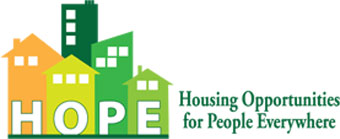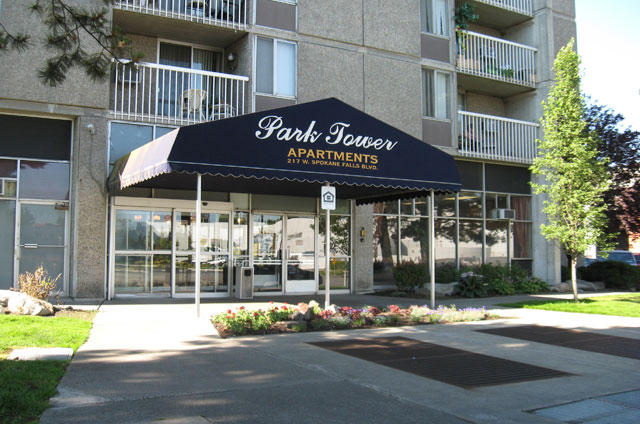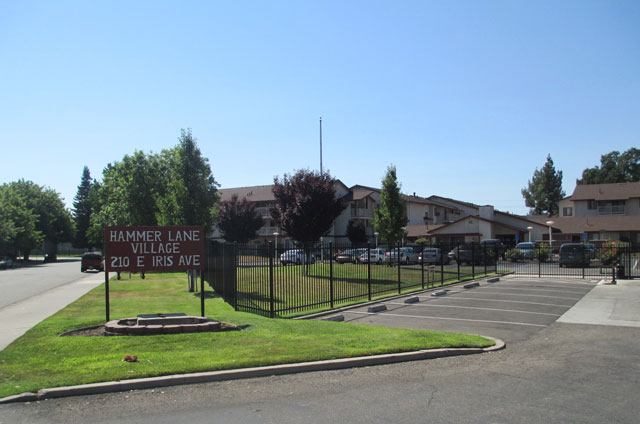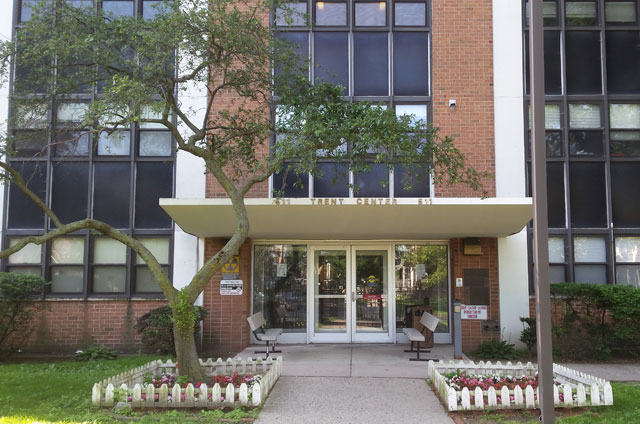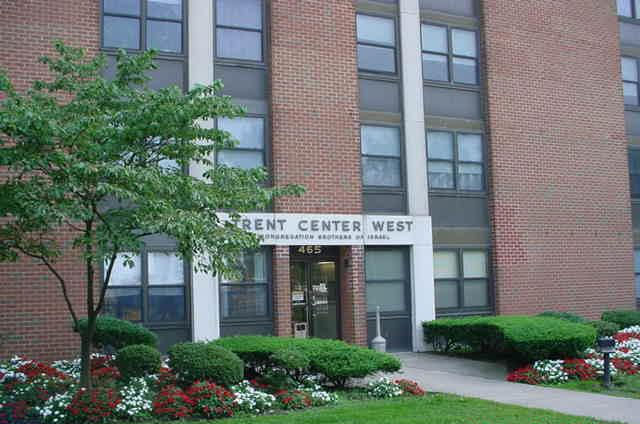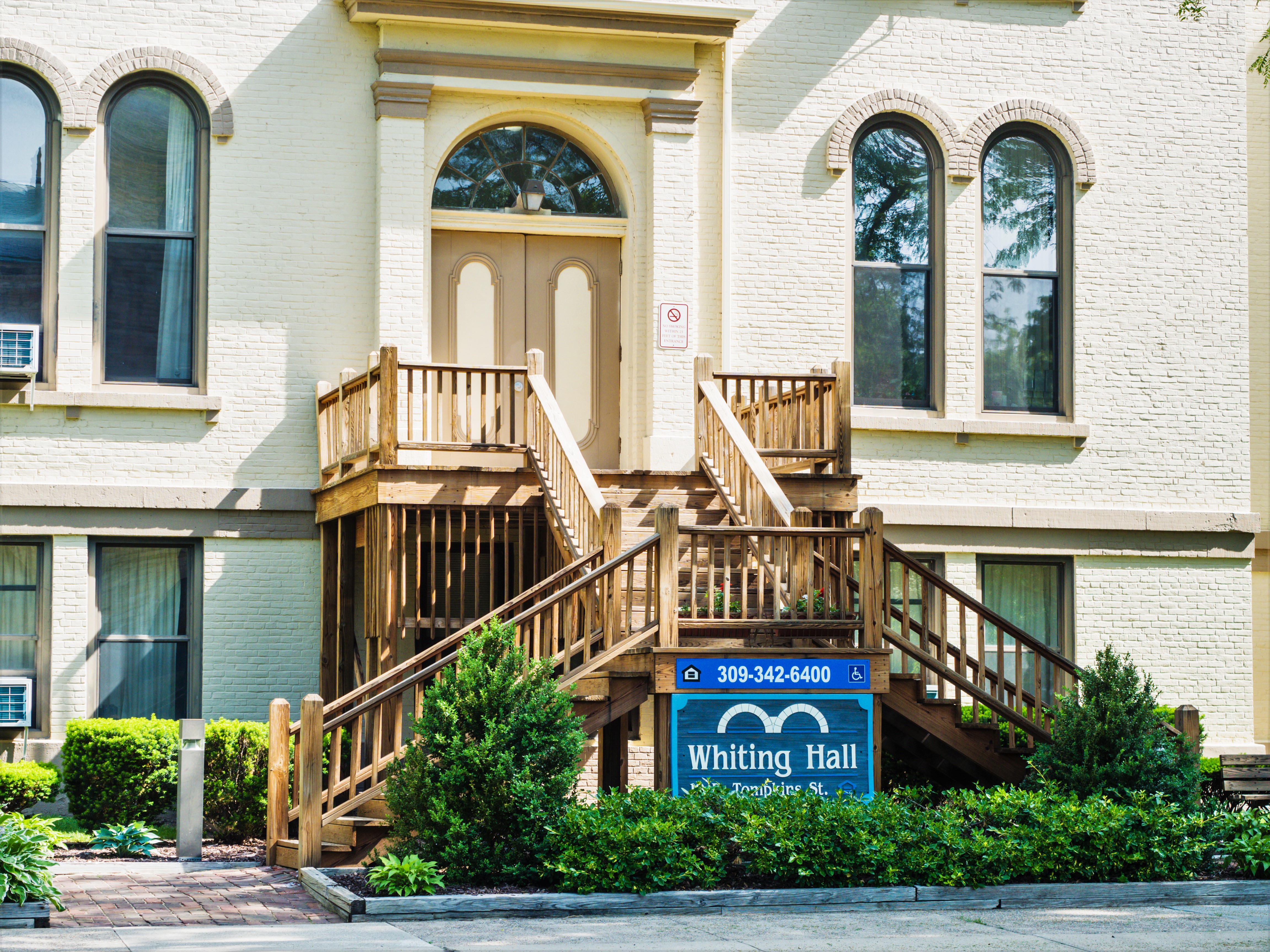Mission Statement
Our goal is to work with the communities we serve to provide low income persons, veterans, handicapped and the elderly with social services and an opportunity to reside in a safe and healthy environment.
The Need
The first wave of baby boomers—those born between 1946 and 1964—made it to age 65 in 2011. In California, 1,000 people turn 65 every day. The number of older adults in California is projected to increase by 96 percent over the next two decade. Only 40 percent of Californians are covered by any kind of retirement plan. By 2030, there will be 11 million senior in California. Nationally, there are 40 million American’s over the age of 65. By 2030, that number is projected to double to 91 million.
The Challenge
Developers are not motivated to build affordable housing because the cost of building and operating cannot be recovered with reduced rents. Therefore, government subsidies are needed to make fill the gap between the developer’s costs and the amount collected in rents.
The U.S. Department of Housing and Urban Development (HUD) creates affordable housing for citizens across the country by funding programs for rent assistance, home ownership, and assistive services for seniors and the disabled.
HUD helps more than 900,000 seniors with affordable housing through its programs. There are three types of affordable rent programs: public housing, multifamily subsidized housing, and voucher housing programs.
How HOPE can help
As a nonprofit foundation, HOPE partners with property owners who offer low income housing in compliance with HUD qualifications. HOPE must be incorporated as a Managing General Partner of the property owner’s corporation to facilitate the application for tax exempt status on those units which meet HUD guidelines. Funds that would have been necessary to pay property taxes are used to maintain the affordability of reduced rents. The compensation that HOPE receives from these property owners is used to provide services to low income persons, seniors, veterans and the disabled.
